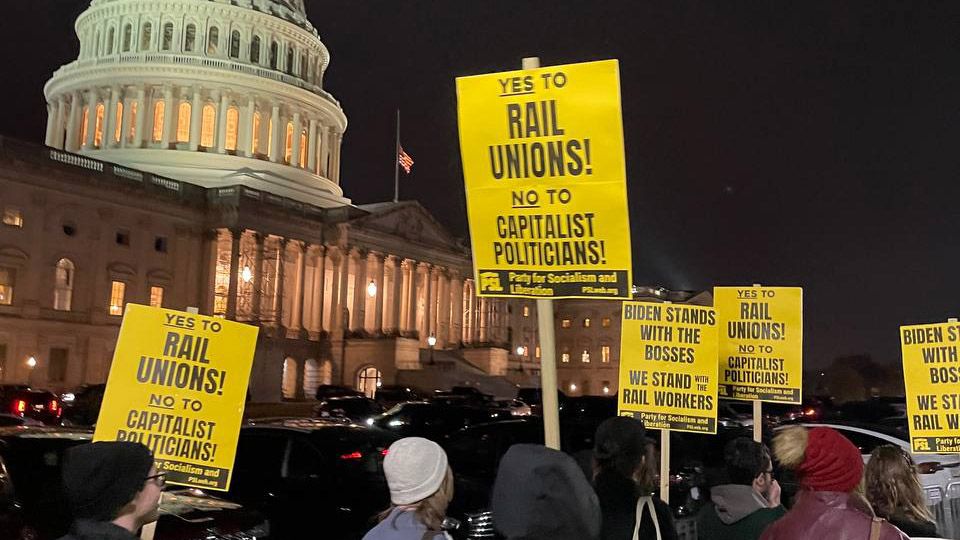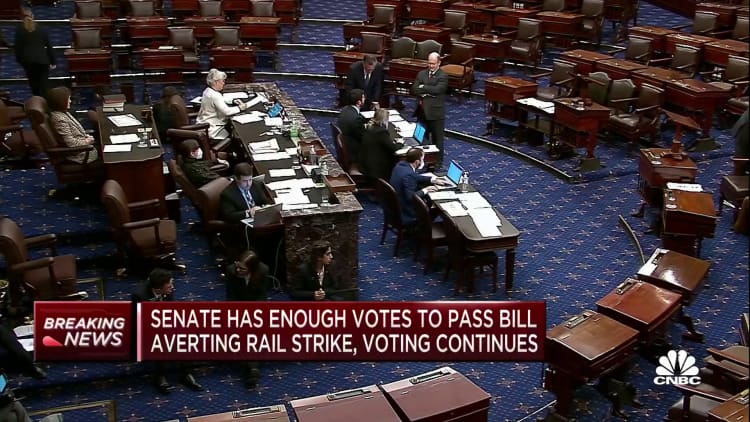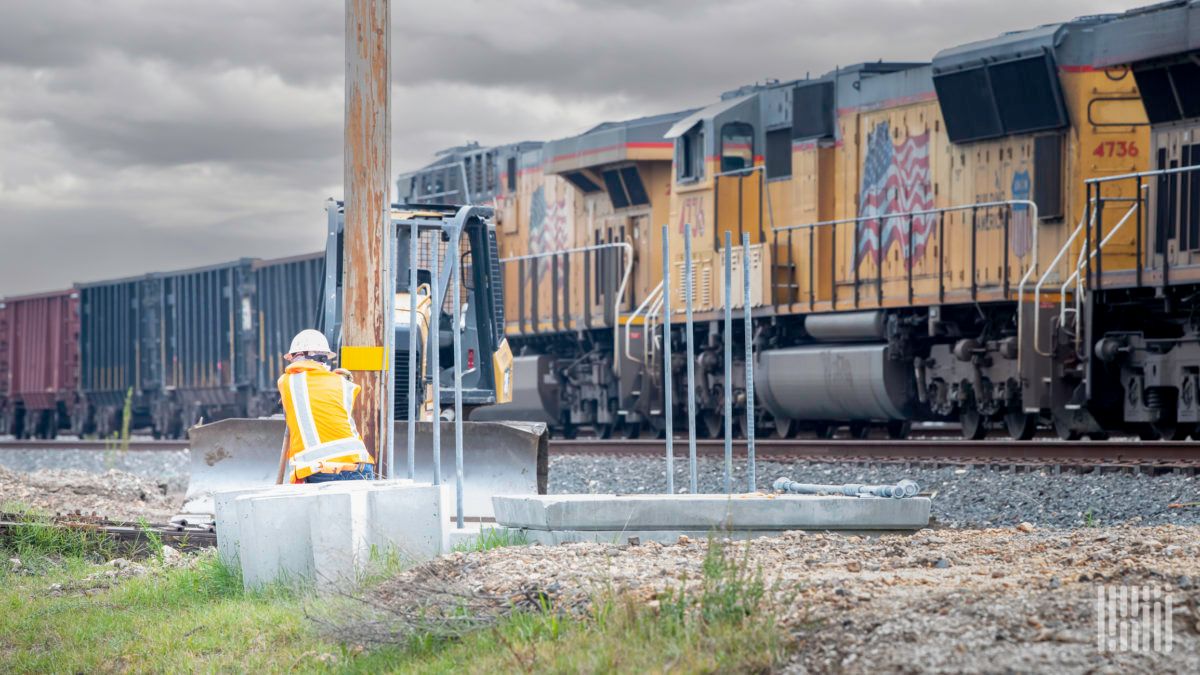On the first month of the last month of the year, the state yet again has confirmed on worker power: they will not tolerate it and smite it down. The rail-workers of the SMART-TD, largest railroad workers union in the country, organized a national strike in the effort to leverage 15 days of paid sick leave, but in an unsurprising series of events, their “political advocates, from DSA, the DP, and the GOP have betrayed their wishes and voted in against the reform. They voted to force the railroad workers to stop their strike and accept a concession of keeping their jobs but forcing workers to concede to their right to strike and demand for paid sick leave.
Despite the real cruelty of their employers, the state feigned to care and vote in the interest of the corporations, like Warren Buffet’s BNSF, who are called out by the workers for “pushing cruel policies which penalized employees if they fell sick or had a family emergency.” (People’s Dispatch)

Despite any good and well-intentioned political actors that were in office who casted their approval for the workers, in the end the practice of lacking the power to actually support workers demanding for desired changes has occurred more than enough for the workers to realize, their being swerved.
Nothing works better to leverage the state than strikes and civil society militancy, but the tactical advantage of holding political actors in state power is the crux of many campaigns, like this one. Trusting in DSA or other parties that claim to be representees of the workers interest is a dangerous affair, none of these political parties have shown any substantial interest in supporting worker power and radical demands, not even demands that are politically leftist, but demands that would drastically change workers’ lives and impact contemporary politics.

Without any party to represent the intendent political interest of the workers today, worker movements will feign to find genuine advantage to win gains or agents on the state to trust to push their campaigns. Social crises like these may seem harsh and cruel, but only in experiencing this harm, can workers be forced to realize the necessity to consider new strategies and politics to carry over their political obstacles. Rethinking a new approach, for a new reality is not a fantasy, it’s a strategic necessity.

